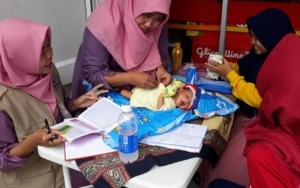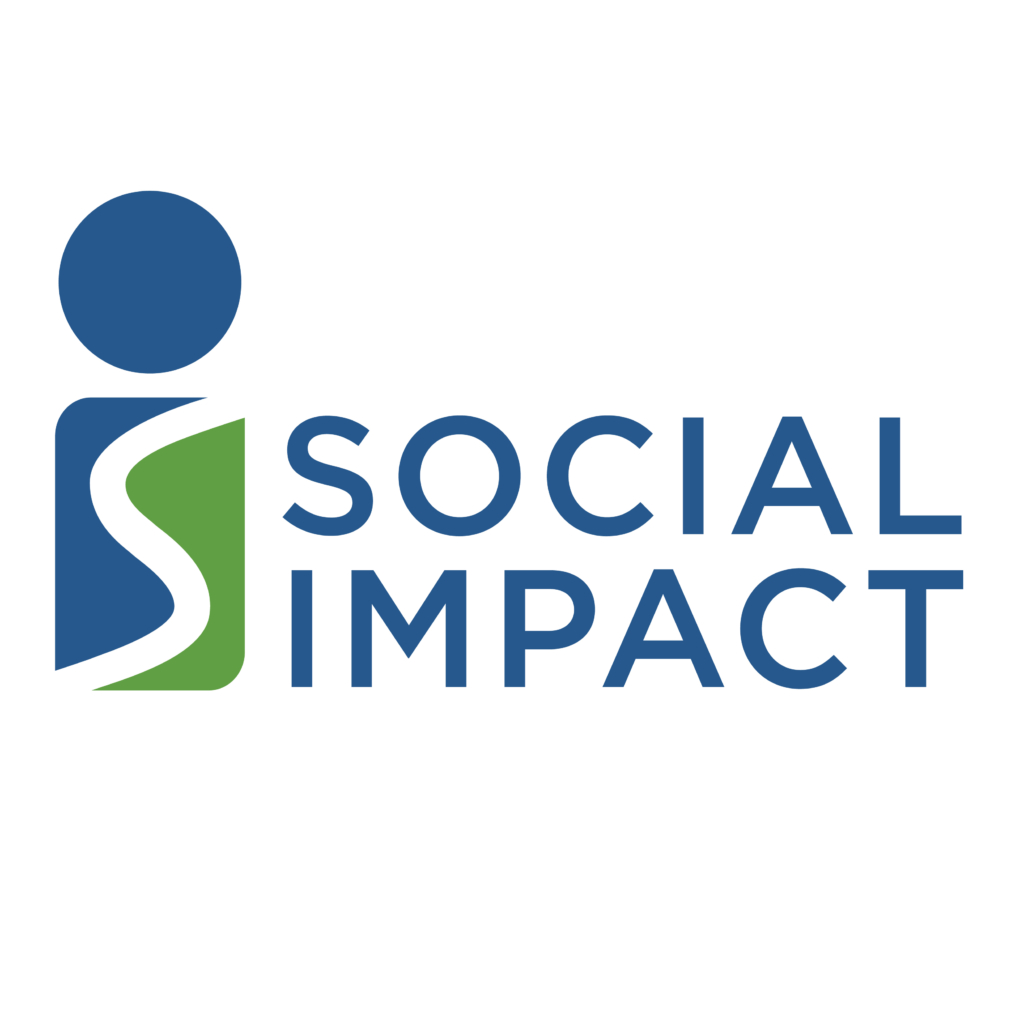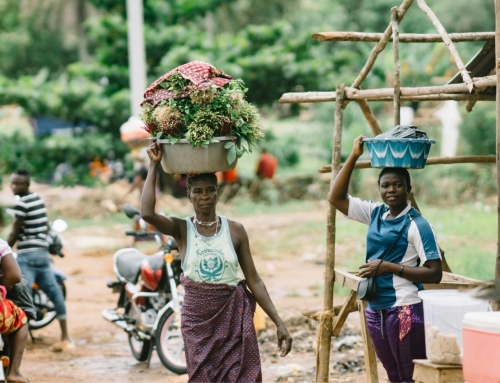The Problem
The U.S. Agency for International Development (USAID) began investing in maternal and newborn health (MNH) in Indonesia in 1980 and continues to fund strategic plans to reduce mortality rates in the country. Despite decades of interventions, Indonesia’s rates of maternal and newborn deaths remained high compared to the regional average. USAID and Indonesia’s Ministry of Health (MOH) recognized the need for a pivot in the provision of MNH services and funded the 3.5-year developmental evaluation (DE) of USAID Jalin to implement the monitoring, evaluation, and learning initiative. By integrating the innovative technique of developmental evaluation into the existing USAID Jalin (signifying “intertwined” in Bahasa Indonesia) project, USAID and the MOH sought to determine which locally generated pilot innovations had the potential to reduce maternal and neonatal mortality nationally.
What Social Impact Did
Beginning in 2017, the Jalin team and MOH worked with partners in six Indonesian provinces and nationally to brainstorm new potential MNH solutions. Social Impact was contracted in 2018 and tasked with using DE to assess these innovations’ causal pathways to reducing mortality through a three and a half year Monitoring, Evaluation, and Learning (MEL) activity (Social Impact, 2020a). USAID elected to use DE because it promotes continuous learning by utilizing evaluation methods based on emerging needs rather than a preset methodology or set of tools. DEs use embedded evaluators who can make mid-course corrections to help programs adapt to changing contexts.
Social Impact guided Jalin’s 323 established partners and stakeholders to assess 72 ideas from the brainstorming phase, and based on these assessments, SI helped USAID, the MOH, and Jalin determine which to implement, replicate, and eventually scale. By analyzing and mapping the relationships between 2,000 health, private sector, government, civil society, academic, media and other stakeholders, SI enabled Jalin to find local partners who were prepared and willing to help improve MNH outcomes (Social Impact, 2020a). Additionally, solutions were analyzed for replicability in new provinces by mapping resources and conducting site visits (Social Impact, 2020b).
Our Findings and Recommendations
The DE’s findings revealed areas Jalin excelled at, including an appropriate design for the MNH context in Indonesia and the MOH’s strategy, and effective stakeholder engagement that advanced its core principles and supported cocreation. Other topline findings highlighted gaps for the project to address that could support MOH priorities, including how relatively few hospitals and maternal perinatal audit teams have utilized the maternal and perinatal death notification application and how two-thirds of mentee hospitals have implemented less than half of their follow-up action plans despite high mentee commitment. SI delivered recommendations to support Jalin’s regional cocreation and address these gaps in MNH quality of care through infographics, reports, facilitated workshops, posters, and maps. The DE later found that USAID, the MOH, and Jalin implemented and garnered outcomes from 69% of these recommendations, which exceeds the industry average (USAID, 2016).
Looking Closer: The Impact of Our Work

Out of the 72 brainstormed ideas and 26 co-implemented and tested solutions, seven ideas including floating ambulances, MNH education for female factory workers, and advocacy to use decentralized village funding to sustain MNH programs, were replicated in five provinces and 17 new districts as continuous programs. In fact, 2,369 villages with a combined population of 12 million were provided funding for MNH programs through Jalin, and the floating ambulances continue to serve 32 isolated island communities with a population of over 60,000 people. Jalin’s success was also recognized in the scaling of effective ideas, as some won nation-wide recognition in the Indonesia Health Care Innovation Awards in 2020 for MNH Innovation and two others were implemented across Indonesia.
To understand the impact DE had on MNH through the Jalin project, we can look at how the two nationally scaled solutions provided lifesaving medical attention to mothers and babies in rural villages.

Photo by DE for USAID.
One of the national solutions helped pregnant women who lived in mountains and remote areas, which were only accessible by steep paths. Mini ambulances were built to be smaller and more agile than traditional ones creating efficiency, time, and labor savings to reach these women. The program assisted 110 cases over the course of a year of testing, and given its success, the fleet is being expanded by 40 vehicles. Another nationally scaled solution established pop-up prenatal care outlets at existing convenience stores within communities. These outlets were frequented by over 4,000 women in the pilot area and contributed to a significant decrease in the area’s maternal deaths from 2018 to 2019.
The MNH advancements made by the MOH and the Jalin project led USAID to conclude, “one of the major lessons for the USAID team has been realizing that DE can provide a flexible mechanism to help improve a project.” SI’s DE team enabled real-time, evidence-based reflection and decision-making designed to adapt its approach as needs changed. Ultimately, the project’s impact would continue to expand as USAID tasked SI to incorporate lessons learned from Jalin in its successor project, the USAID Momentum Country and Global Leadership activity, as well as embedding in the MOH’s Directorate of Family Health to assist with scaling additional MNH solutions.
To learn more about the impacts of SI’s work on the Jalin project, view the following video.
For a better understanding of DE, view the Purpose and Practice of Developmental Evaluation here.
Social Impact. (2020a). Innovating and Learning through Developmental Evaluation [PDF]. Social Impact.
Social Impact. (2020b). Assessment of Jalin’s Cross Border Referral System Activities [PDF]. Social Impact.
USAID. (2016, February). Evaluation Utilization Study Two-Page Brief. Retrieved from https://www.usaid.gov/documents/1870/evaluation-utilization-usaid








